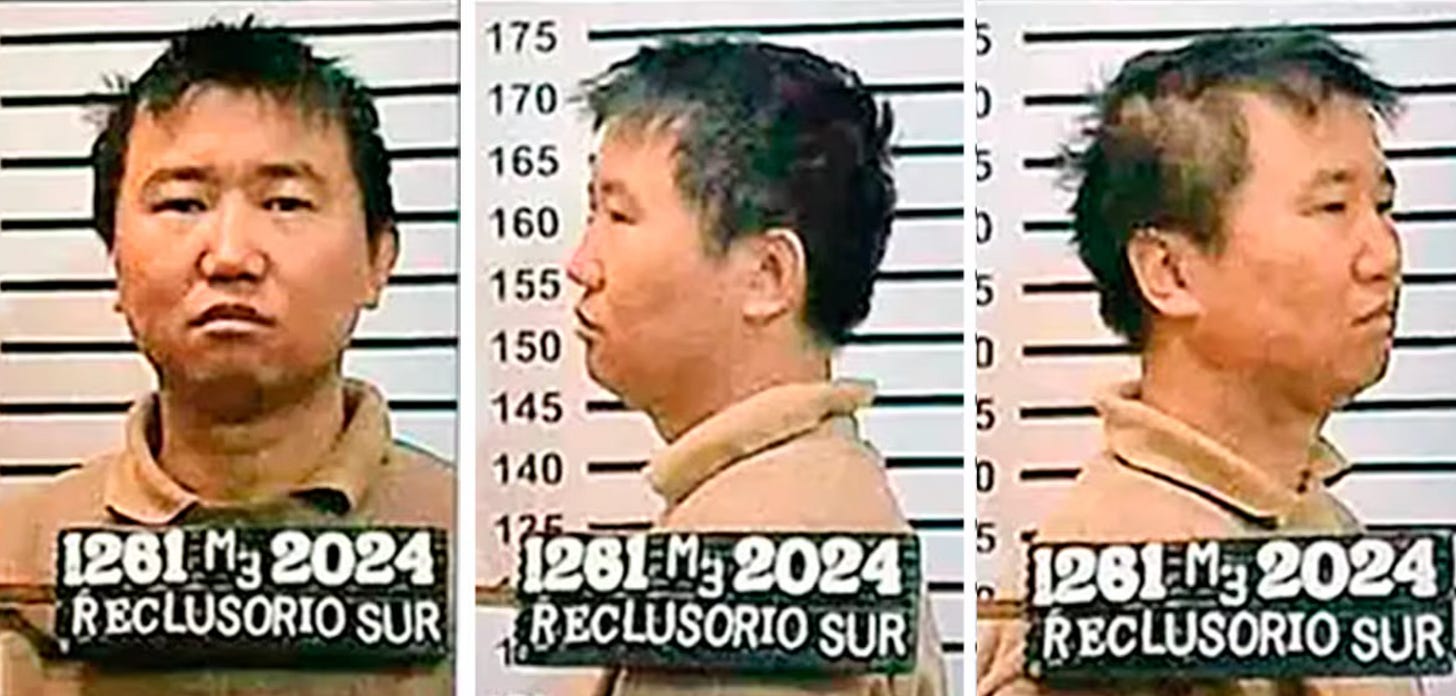Chinese Narco-Financier Behind Global Fentanyl Pipeline Captured in Cuba After Dramatic Escape From Mexico
HAVANA — Mexican and independent Cuban media are reporting that a globally significant Chinese narco-financier — who escaped a weak house-arrest arrangement in Mexico on the eve of his extradition to…
Keep reading with a 7-day free trial
Subscribe to The Bureau to keep reading this post and get 7 days of free access to the full post archives.



